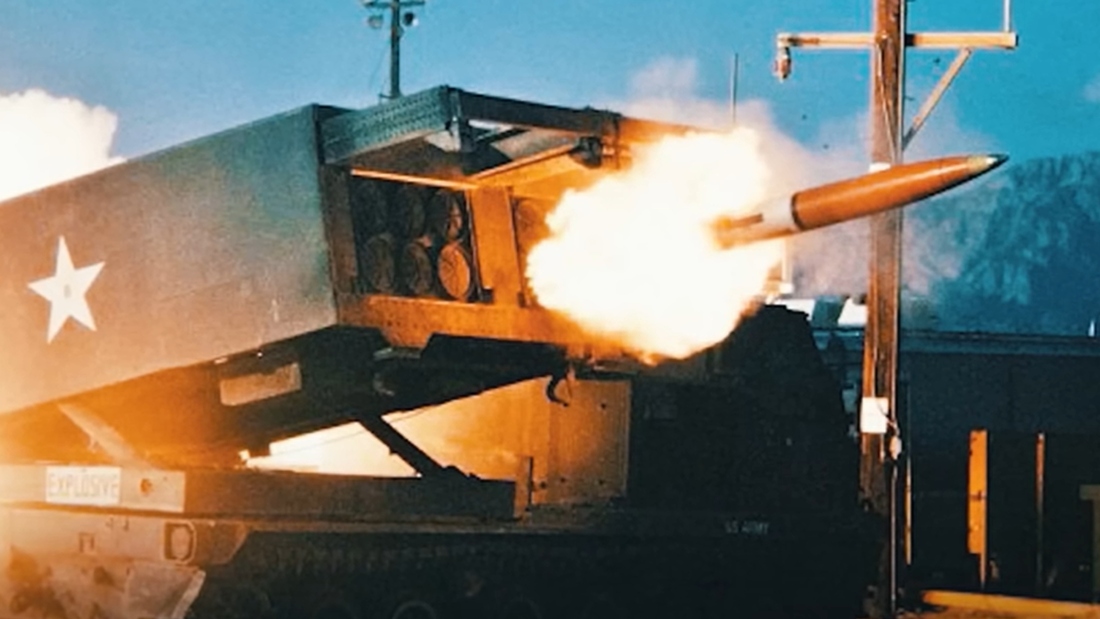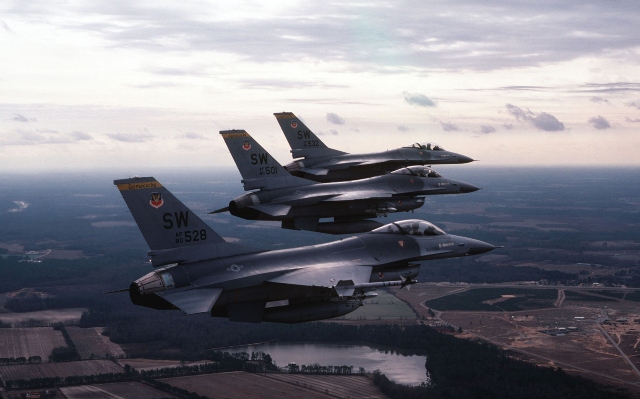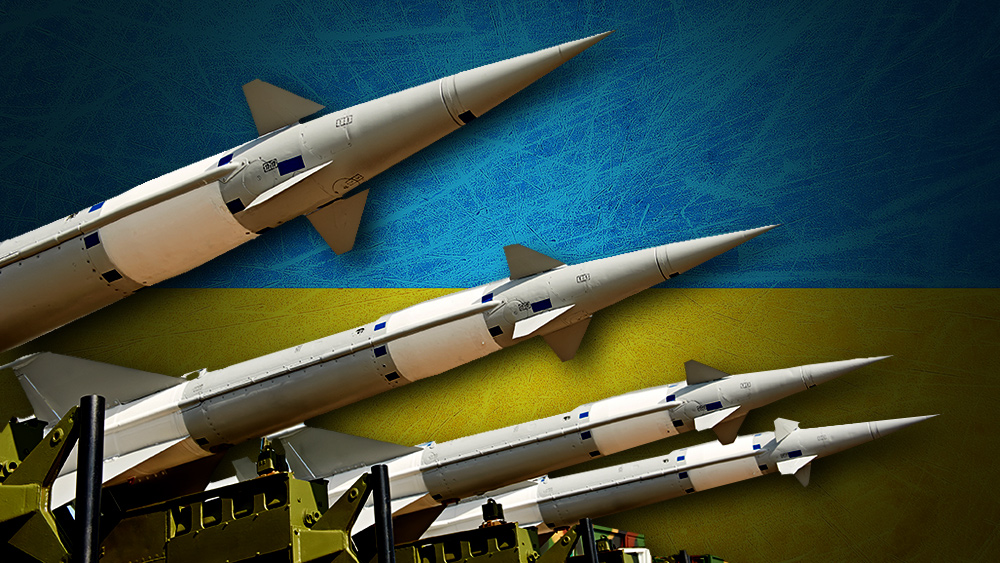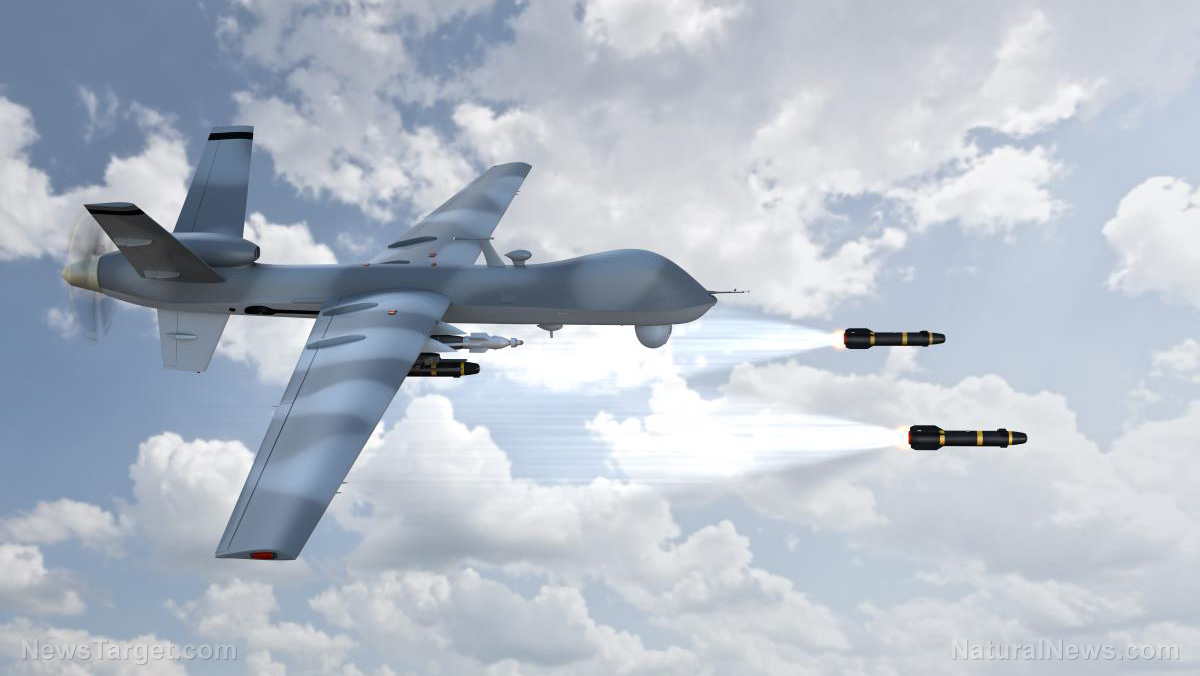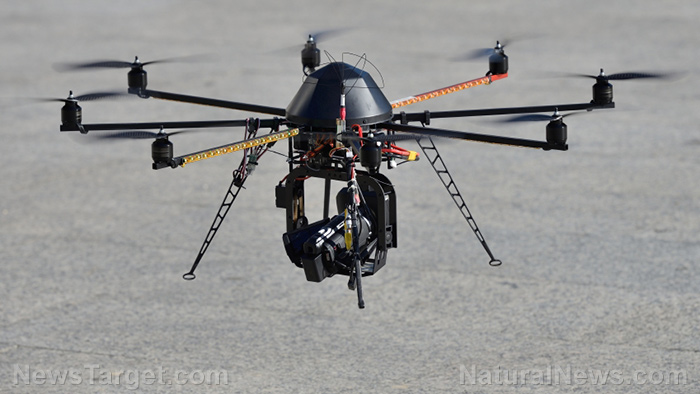CLOCK IS TICKING – U.S. warns Israel: U.S. aircraft carriers will not be able to stay in West Asia area forever
09/10/2024 / By Richard Brown
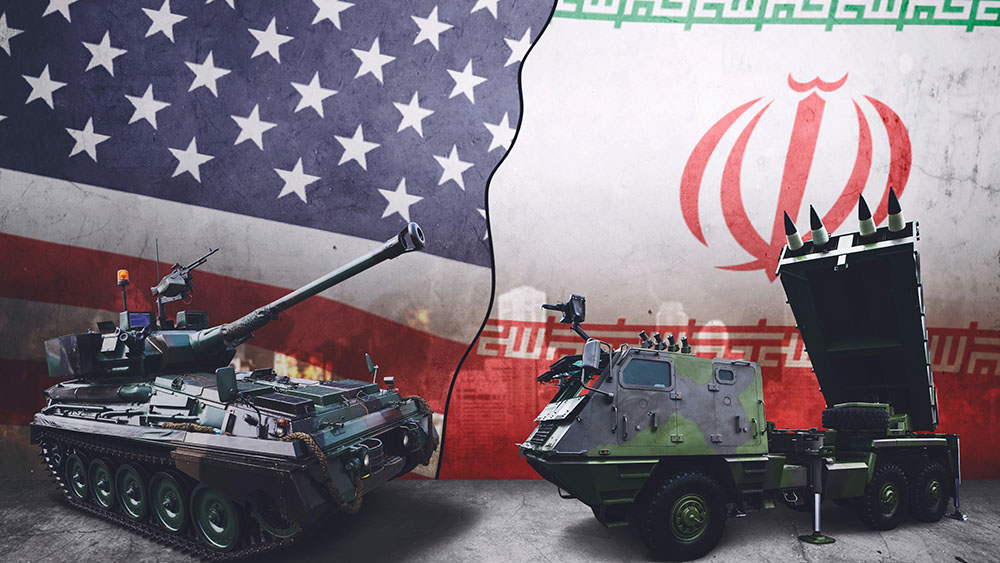
Washington has warned Israel that U.S. naval forces cannot remain deployed indefinitely in the West Asia region to protect the country, according to a report by Channel 13 on Sept. 6. This comes amid ongoing concerns over the potential for a broader conflict between Israel and Hezbollah in Lebanon.
The report indicated that the U.S. sent a message urging Israel to reduce tensions with Hezbollah and Iran, as the presence of U.S. aircraft carriers in the area is temporary. “The aircraft carriers will not be able to stay in the area forever,” the report quoted.
Fears of a full-scale regional war have escalated since Israel’s assassination of senior Hezbollah commander Fuad Shukr in Beirut and Hamas political leader Ismail Haniyeh in Tehran in late July. Hezbollah retaliated by launching a large-scale missile and drone attack on northern Israel on August 25.
The day after the Hezbollah strike, the U.S. Department of Defense announced an extended deployment of two aircraft carrier strike groups to the region, signaling continued U.S. support for Israel. U.S. Secretary of Defense Lloyd Austin emphasized Washington’s commitment to Israel, especially in the face of threats from Hezbollah and Iran.
The Theodore Roosevelt carrier arrived in early July, followed by the Abraham Lincoln in mid-August. These deployments replaced the USS Dwight D. Eisenhower, which had already seen its deployment extended multiple times earlier in the summer. (Related: Pentagon sends nuclear submarine, aircraft carrier to Middle East in anticipation of Iran’s retaliation against Israel.)
While Iran has not yet retaliated for the assassination of Hamas leader Haniyeh, negotiations between Israel and Hamas for a ceasefire and prisoner exchange continue to face hurdles. Israeli Prime Minister Benjamin Netanyahu has resisted a ceasefire agreement, insisting on maintaining a military presence along the Gaza-Egypt border and retaining the option to continue hostilities after a potential prisoner swap.
Meanwhile, families of U.S.-Israeli soldiers held by Hamas are urging the White House to consider negotiating directly with the Palestinian resistance to secure their release. This option is reportedly under discussion among White House officials.
U.S. deploys additional troops to West Asia
Last August, the U.S. deployed 3,000 additional troops to West Asia, citing perceived threats from Iran to commercial shipping in the region. The additional troops, composed of personnel from the Bataan Amphibious Ready Group and the 26th Marine Expeditionary Unit, arrived aboard the USS Bataan and USS Carter Hall.
The warships entered the Red Sea via the Suez Canal on August 6. The move follows earlier U.S. announcements of increased military presence in the Persian Gulf, including additional fighter jets, citing security concerns.
The U.S. claimed that Iran seized or attempted to seize over 20 ships in the Persian Gulf over the past two years, including an alleged attempt in July to capture two oil tankers.
Iran has pushed back against these accusations, stating that its actions are aimed at maintaining security in the Persian Gulf and preventing illegal trade. Tehran refuted claims of attempting to seize two ships in July, asserting that one of the ships had collided with an Iranian vessel, injuring five crew members.
Nasser Kanani, spokesperson for Iran’s Foreign Ministry, criticized the U.S. military buildup, arguing that U.S. forces in the region have historically served U.S. interests rather than providing security.
Iran’s Revolutionary Guard Corps (IRGC) warned that any U.S. attempt to seize Iranian vessels would be met with reciprocal action, according to General Ramezan Sharif, the IRGC spokesperson.
Head over to WWIII.news for more stories about the ongoing conflict in the Middle East.
Watch this commentary of Rick Wiles and Doc Burkhart about Iran’s impending attack on Israel.
This video is from the TruNews channel on Brighteon.com.
More related stories:
Iran threatens to “wipe out” U.S. bases in Middle East amid tensions with Israel.
Russia sends powerful vaunted missile systems to Iran for Middle East war.
TruNews: Endgame of Israel-Iran conflict is an ALL-OUT WAR in the Middle East.
Sources include:
Submit a correction >>
Tagged Under:
big government, chaos, conflict, dangerous, escalation, Holy War, Iran, Iran-Israel conflict, Iraq, Ismail Haniyeh, Israel, Middle East, military tech, national security, rocket strike, rockets, weapons technology, WWIII
This article may contain statements that reflect the opinion of the author
RECENT NEWS & ARTICLES
COPYRIGHT © 2017 WEAPONSTECHNOLOGY.NEWS



